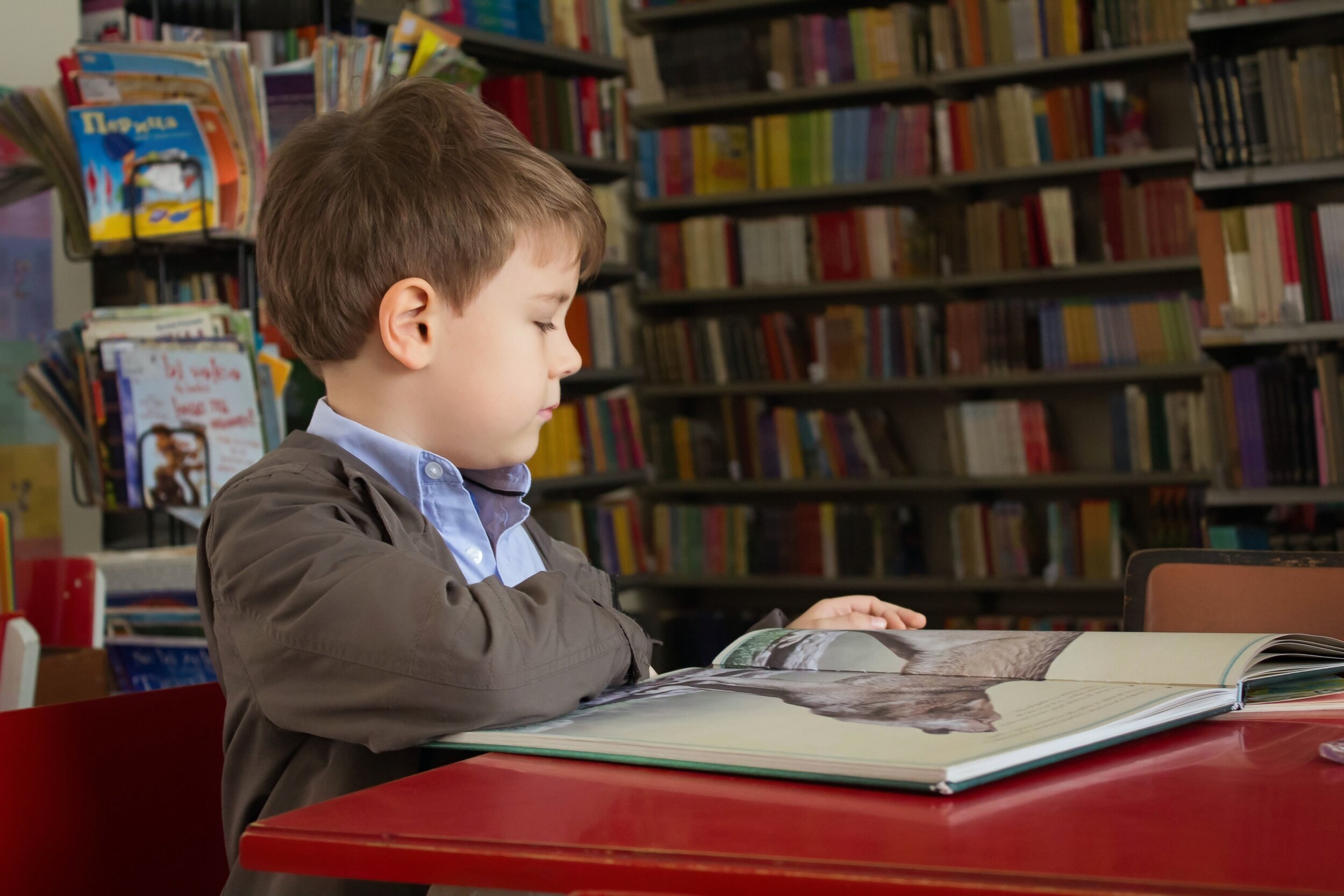Key Stage Transitions and Managing Concerns
What is the difference between Key Stage 1 and Key Stage 2?
The change between Key Stage 1 (KS1) and Key Stage 2 (KS2) can sometimes feel quite intimidating for both children and parents, with many not really knowing what the differences are between the stages. The differences between key stages are defined by age (KS1: Years 1 and 2, KS2: Years 3-6). providing the next level to enhance and assess pupils’ learning skills. The main difference is the level of independence they will begin to have in their lessons and the increase in complexity of work set. Lessons will begin to have more of a focus on learning, moving away from the play-based learning they will have had in KS1.
Should I introduce more learning-type games at home?
Even if your child is moving into KS2, games with a learning focus are still a great way to support their wellbeing, whilst developing their focus at home. Play-based learning at home can also support development of social interaction and play skills which are essential in supporting them to independently interact with their peers. You don’t need to have specific games or equipment to make learning through play beneficial - make the most of what you have in your house.
Check back later in the week for some Top Tips on play-based learning
Are there ways to improve my child’s attention on their work?
Maintaining a child’s focus for long periods of time, especially when they are reluctant to do work, can be quite challenging. However, there are ways you can support your child to improve their focus by encouraging activities and behaviours at home which can improve their attention span. From encouraging physical exercise, limiting screen time and encouraging thinking games, we have lots of ideas for you to try.
Check back later in the week for Top Tips on improving your child’s focus
How can I encourage my child to return to school?
Children can often face a confusing combination of excitement and nervousness when returning back to the school environment. There are many fun activities you can do to help ease their worries and support them to manage the change in routine.
A good first step would be shifting their thoughts away from their worries and focusing on the things they are looking forward to about school or may have missed out on during the lockdown. You may find it helpful to pull these thoughts into a ‘positivity’ list and put it on the fridge or create a colourful poster to stick up in their room.
Having a visual reminder can help promote positive thinking and will support them to feel good about returning to school.
There are so many great ideas and useful tips available to help parents with supporting their child that it can sometimes feel difficult to know where to start. We advise you to pick one or two things that sound interesting to you and give them a go. Sometimes it takes a few attempts for children to come on-board with trying something new. Making mistakes, getting things wrong or trying again with them on a better day is all a part of the process.
At One-Eighty we believe that parents often don’t realise what at incredible job they are already doing with the challenges their families face. It is important to take the pressure off yourself of doing things perfectly and make sure you find time to have that essential reviving cup of tea when things are feeling too much.
Check back later in the week for Top Tips on motivating your child to return to school

